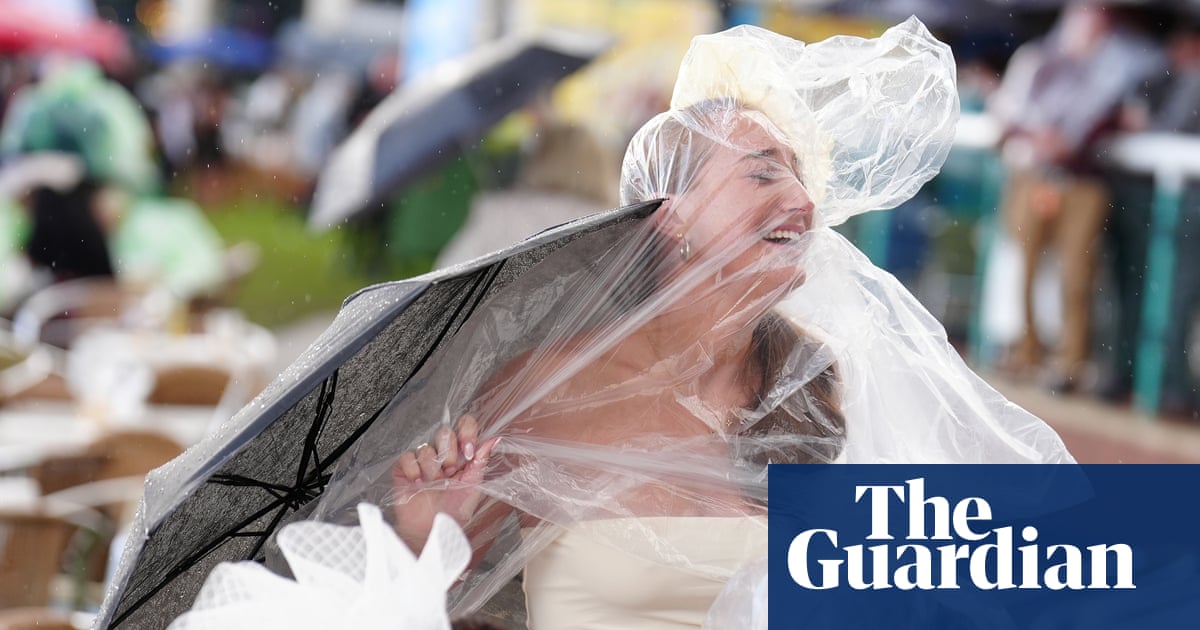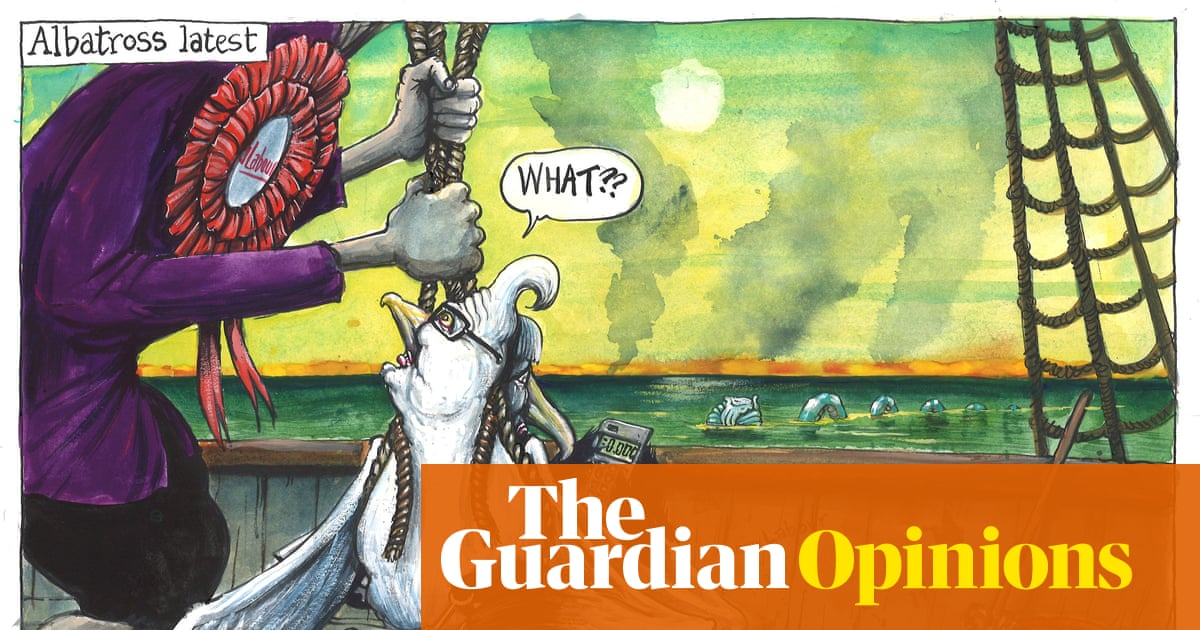Somewhere towards the very top of the long list of unspoken Spanish rules – gin and tonic should not be drunk before a meal, chorizo has no place in the vicinity of a paella and children’s bedtimes cease to apply in the summer – is the silent injunction that forbids any attempts to alter the habits of the country’s cherished older people.
It was unfortunate, then, that police in the small Andalucían town of Santa Fe chose the photo they did to accompany a request for people not to disturb their neighbours by sitting around the streets late at night.
Rather than showing a rowdy bunch of over-refreshed, guitar-strumming, illicit barbecuers, they opted for a shot of six older women sitting on chairs on a pavement, engaging in an ancient and convivial ritual familiar in towns and villages across the hotter regions of the country.
Sabemos que sacar sillas o mesas a la puerta es tradición en muchos pueblos, pero la vía pública está regulada. Si la Policía pide retirarlas, hazlo por respeto y convivencia. Con civismo y sentido común no hay molestias. ¡Gracias por colaborar! pic.twitter.com/Qvr6CftpZS
— Policia Local (@PoliciaLocalSF) May 27, 2025An outdoor sit-down and a chat with friends and neighbours as the heat of the day gives way to the cool of the evening is known as tomando el fresco (taking the cool air).
With the picture, posted on X, was a polite appeal for neighbourly consideration.
“We know that putting chairs or tables outside the door is a tradition in many towns, but the publics road is regulated,” said the police. “If police ask you to remove them, do so out of respect and in the interests of coexistence. With civility and common sense, there’s no harm done. Thank you for your cooperation!”
But the choice of image was swiftly interpreted as an affront to the alfresco liberties of Spain’s older people.
“Go eat shit!” advised one person on X. Another was even more direct: “You’re sons of bitches!” Others were more helpful: “Colleagues, if you need back-up for such a dangerous mission, I’ll be there. We need to put an end to this serious issue – no more impunity for grannies who sit out to enjoy the fresh air. The full weight of the law should fall on them.”
As word of the request spread and was picked up by the national media, the town’s mayor, Juan Cobo, complained about people misinterpreting the plea.
“No one is going to stop our older people popping out of their houses and sitting down and enjoying the cool air,” he told Cope radio on Tuesday. “No way. This only applies to those people who head outdoors on the pretext of enjoying some fresh air and who then cut off the street and engage in unneighbourly activities such as having barbecues, singing and playing the guitar.”
The mayor said the police had simply been trying to urge people to consider those around them.
“All they’re doing is reminding people that you can go and enjoy some cool air – as long as you don’t bother anyone else,” he said. The rules, he added, were to protect “people who have to get up for work at five or six in the morning and who have a right to their rest”.
Cobo said the people of Santa Fe should be “totally safe in the knowledge that they can carry on cooling off outdoors”, and bemoaned what he termed “populist and sensationalistic” reporting.
“All this has been totally manipulated and its seems there’s nothing more important news-wise on a national scale for some media than reporting that people are being stopped from enjoying the fresh air on their doorsteps in Santa Fe,” he said.
“That isn’t true. We’re just reminding people who are behaving in an uncivil way and disturbing people’s sleep that they can’t do that and that there’s a law against it.”
Four years ago, the mayor of another Andalucían town, Algar, suggested that tomando el fresco should be added to Unesco’s list of intangible cultural heritage.
“My mother’s 82 and she sits out on her street every day,” José Carlos Sánchez told El País at the time. “Some days, I finish work, pop down, take a seat and catch up on things. It’s the nicest moment of the day.”

 3 months ago
91
3 months ago
91

















































